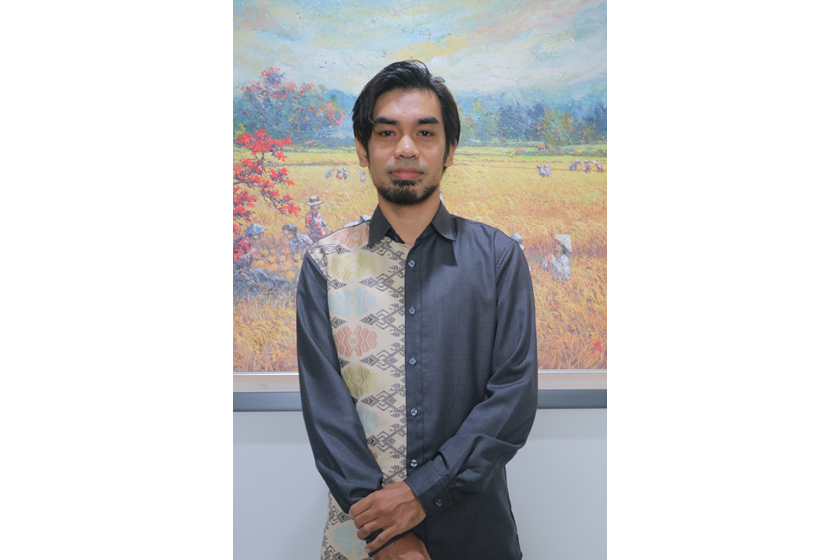11 February 2025
Join our Australian Alumni Grant Info Session!
Are you an Australian alumnus or Australia Awards in Indonesia scholar who want to strengthen your A... Read more
The Australia Awards are prestigious, transformational scholarships and short courses offered to emerging leaders for study, research and professional development in Australia

25 August 2020
 "Memories of a Papuq" Project: Researching Local Narratives on Indigenous Disaster Risk Reduction in the Southern Coastal Areas of Lombok Island
"Memories of a Papuq" Project: Researching Local Narratives on Indigenous Disaster Risk Reduction in the Southern Coastal Areas of Lombok Island
Project leader: Mr. Toni Ariwijaya
Level of education and university: Master, University of New South Wales
Collaborating Organisations: -
Project Location: Nusa Tenggara Barat
Activity Type: Academic research and research-related activities
Sector: Education and Training
Project Rationale:
Disaster risk reduction policies in developing countries have been carried out using scientific knowledge while ignoring the values of indigenous knowledge in the field (Gaillard & Mercer, 2012; Rist & Guebas, 2016). Indigenous knowledge is usually underappreciated as it is viewed in some quarters as inferior to scientific knowledge. However, it has been called on for generations to mitigate hazards and reduce disasters in local communities (UNISDR, 2005).
Looking back on the 2018 Lombok earthquake, anecdotally, many of the school children around southern coastal areas of Lombok island were well prepared and were not panicking when the earthquake hit. Our baseline interviews conducted in two villages in South Lombok reveal that there have been local narratives delivered by, generally, female elders (“papuq” in local language) of the costal area, saying that when Earth shakes all the children had to do was to pack some foods and survival kits such as torches and blankets in their schoolbag which is then followed by walking towards the nearest hills. The narratives are also delivered in different stories or even lullabies for different issues (flood, clean water issues, sustainable fishing etc).
Project Beneficiaries:
20 papuq (research participants), and 50 local teachers
Priority Development Area:
Human development for a productive and healthy society
Link with Australian organisation: -
Share this project on:
 Related Project Profiles
Related Project Profiles
This website uses cookies to improve your website experience. We may also use cookies to analyse website data so that we can improve our online services. To find out more visit our privacy policy.
